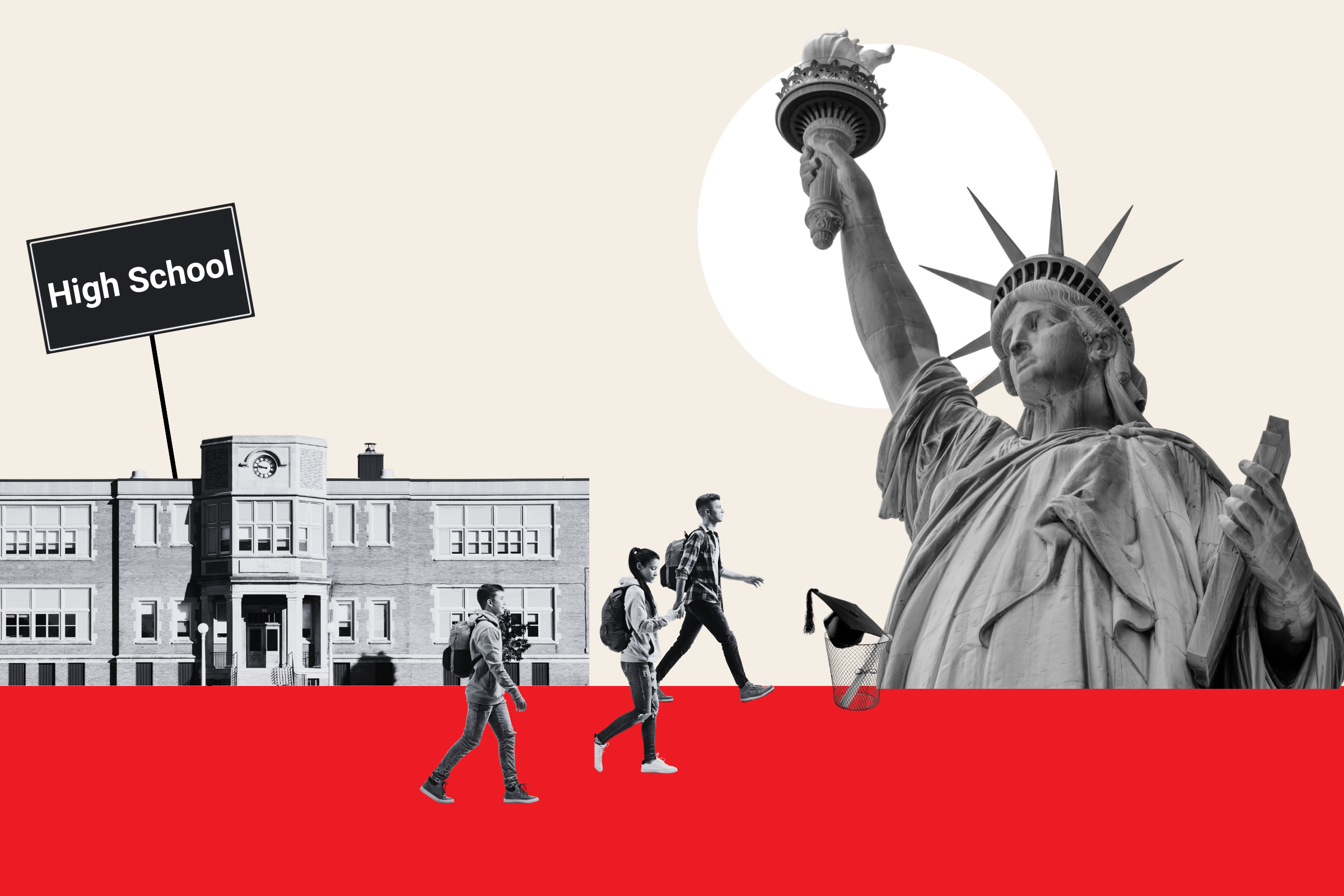After the rise and fall of Hillary Clinton during the 2016 election, it appears most Americans are not attached to the idea of having a woman president—at least during their lifetime.
A new Pew Research study found that a relatively small number of Americans said it's important that a woman be elected president in their lifetime.
Only 18 percent indicated that it is extremely or very important to them that a woman president be elected, while a majority of 64 percent said it was not too or not at all important or that the president's gender didn't matter. More Democrats tend to think it was very important to see come to fruition (31 percent) than Republicans (5 percent).
Americans also expressed significant doubts that a female president would be likely within the next few decades.

The survey found only one in four U.S. adults believed it extremely or very likely that the United States would elect a woman president in their lifetime. Meanwhile, around half indicated it was somewhat likely, with 26 percent saying it's not too or not at all likely.
It might seem ironic that a woman president feels out of reach for most Americans when women make up the majority of U.S. voters.
In the last presidential election, women outnumbered men by about 53 percent. But this did not necessarily make it more likely for a woman to win, according to USC professor Jane Junn, an expert in political science and gender.
"Women do not vote for candidates based on gender alone, and Trump's win over Clinton in 2016 reflects these dynamics," Junn told Newsweek.
Women voters overall supported Clinton in 2016, but white female voters pushed Trump to victory, reflecting the low level of importance many Americans put on having a woman president, especially in the Republican party, Junn said.
"Trump's continued dominance of the Republican primary field and the presence of only one female challenger is indicative of the steep odds against a woman being successful in winning the nomination," Junn said.
Different Standards For Men and Women
While Americans largely might not care that a woman becomes president in their lifetimes, it's not because they don't think a woman is equipped for the job.
According to the survey, Americans don't think a woman president would do better or worse than a man when it comes to leadership or various policy areas. But they do see a stark difference in the way men and women running for office are treated by the media.
The survey found 58 percent believe women candidates are punished more than men for showing emotions. Similarly, 48 percent said women hold a greater disadvantage when running when they have young children at home than men who are also parents.
The political experience of a woman candidate is also often judged more harshly than her male competitors, experts say.
"Women are judged more harshly if it seems like they're learning on the job," said Amanda Hunter, research and communications director at the Barbara Lee Foundation, a research nonprofit that analyzes gender bias and elections, as reported by FiveThirtyEight.
"So that means they have to be uber-prepared to run, while men can kind of figure it out as they go."
When it comes down to it, just over a majority of Americans agree that there are not enough women in high political office in the United States, but the underlying issues are wide-ranging.
For one, the problem might lie in the perceptions Americans have about their fellow Americans. Even if a female candidate fits their policy views, one might be hesitant to cast a ballot for the woman in the primary election due to the fear that America at large would never elect a woman president, research suggests.
A 2019 Ipsos/Daily Beast poll found only 33 percent of Democrats and independents believed their neighbors would be comfortable with a female president. And this type of view could significantly hamper any efforts by a woman to make it to the final election.
Although women make up roughly half of the U.S. population, they take up only 28 percent of the seats in Congress.
Uncommon Knowledge
Newsweek is committed to challenging conventional wisdom and finding connections in the search for common ground.
Newsweek is committed to challenging conventional wisdom and finding connections in the search for common ground.
About the writer
Suzanne Blake is a Newsweek reporter based in New York. Her focus is reporting on consumer and social trends, spanning ... Read more
To read how Newsweek uses AI as a newsroom tool, Click here.





